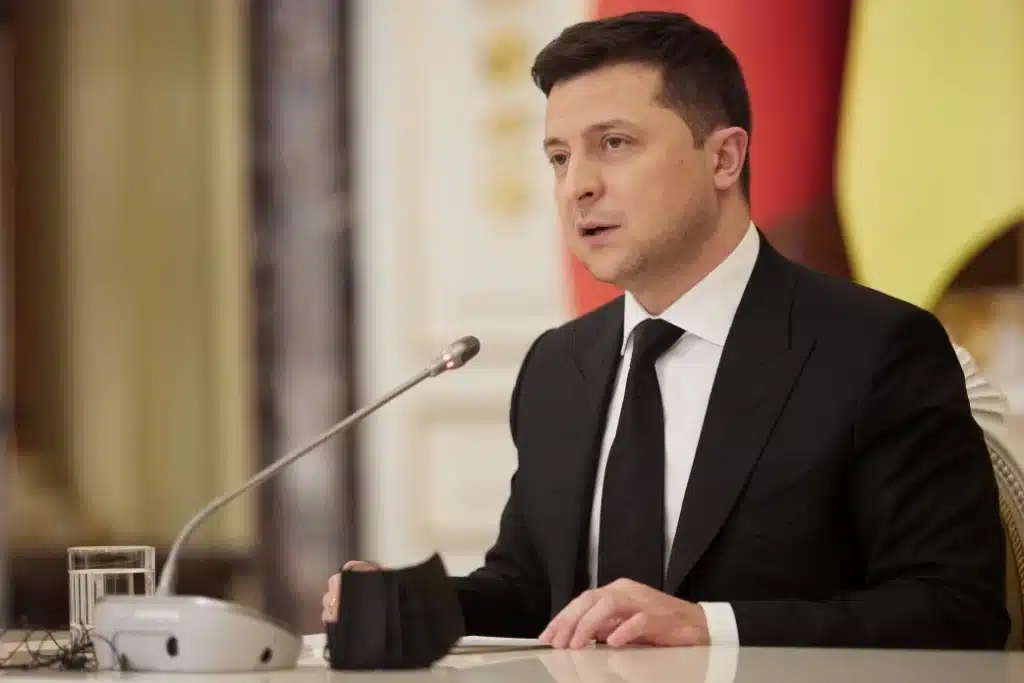BRUSSELS: The European Union has published a list of seven countries it considers “safe.” The move aims to speed up migrant returns by making it harder for citizens from these countries to claim asylum in the EU.
The list includes Kosovo, Bangladesh, Colombia, Egypt, India, Morocco, and Tunisia. The European Parliament and member states must still approve it before it becomes law.
The new rule allows faster processing of asylum claims from these countries. It introduces a presumption that such claims lack merit.
“Many member states are facing a significant backlog of asylum applications,” said EU Migration Commissioner Magnus Brunner. “Anything we can do to support faster decisions is essential.”
Brussels faces growing pressure to control irregular migration. Public frustration over migration has fueled far-right political gains across Europe.
The commission said candidate countries for EU membership also meet the “safe” criteria — unless affected by conflict. For example, Ukraine would be excluded.
The EU first proposed a similar list in 2015. That plan failed after disagreements over whether to include Turkiye.
The current list is based on countries with high numbers of asylum applicants. The EU said it can update the list over time.
Many EU countries already use their own “safe country” lists. France, for instance, includes Mongolia, Serbia, and Cape Verde.
The EU wants to harmonize rules across all members. Countries can add to the EU list but cannot remove countries from it.
Each asylum case will still be examined individually. The commission stressed that safeguards will stay in place, and no one will be rejected automatically.
However, the proposal has drawn criticism. Rights groups warn it could weaken protections for refugees.
Meron Ameha Knikman of the International Rescue Committee said, “Every claim should be assessed on its own merits, no matter where the person is from.”
She called the proposal part of a “broader trend towards deterrence and hollowing out refugee rights.”
The commission acknowledged issues in Tunisia and Egypt. It cited political arrests, torture, and repression. But it said the general population in those countries does not face persecution or serious harm.
The Tunisian Forum for Economic and Social Rights called the plan a “flagrant violation” of the right to asylum.
Despite criticism, the EU sees the move as a step toward faster returns. Last year, irregular border crossings dropped 38% to 239,000, after peaking in 2023, according to Frontex.
Still, fewer than 20% of people ordered to leave the EU have actually returned.
In October, EU leaders urged new laws to speed up returns. Last month, the EU also proposed migrant return centers outside the bloc.
Italy’s Interior Minister Matteo Piantedosi welcomed the latest move. He called it “a success for the Italian government.”





